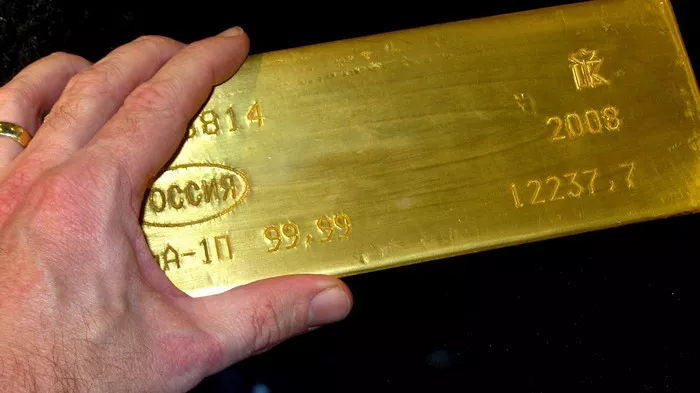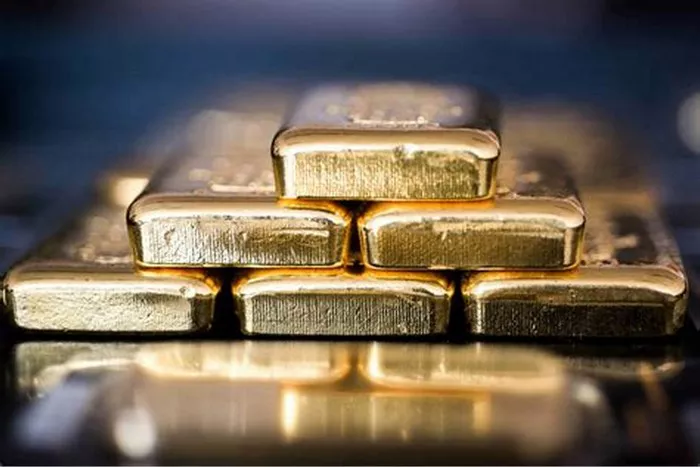The European Central Bank (ECB) is widely expected to cut interest rates again during its monetary policy meeting later today.
In April, the ECB reduced its benchmark deposit rate by 25 basis points, bringing it down to 2.25%. Now, financial markets are pricing in another rate cut for June. However, analysts say the path beyond that remains unclear. There is growing speculation that the ECB may pause rate cuts in July while it monitors new economic data and inflation trends.
“At its most recent meeting in April, the ECB cut its benchmark rate by 25 basis points, bringing the deposit facility rate to 2.25%. Markets are now pricing in another rate cut in June, although expectations for further easing thereafter remain uncertain,” analysts at Capital.com explained. “The likelihood of a possible pause in rate cuts in July is growing as the ECB assesses upcoming economic data and inflation dynamics.”
Inflation Falls Below ECB Target for First Time Since 2024
The ECB’s decision follows signs that inflation is cooling faster than expected. In May, eurozone inflation slowed to 1.9%, down from 2.2% in April, according to preliminary data from Eurostat. This marks the first time inflation has dropped below the ECB’s 2% target since September 2024. Economists had forecast 2%, so the data came as a surprise.
The decrease in inflation suggests that companies are struggling to raise prices due to weak consumer demand and global trade tensions. Business uncertainty is also playing a role.
Core inflation, which excludes food and energy, also declined. It dropped to 2.4% in May from 2.7% in April. Economists had expected a smaller drop to 2.5%. On a monthly basis, core inflation increased by just 0.1%.
Mixed Results Across Asian Markets
Asian markets were mixed on Thursday as investors reacted to a combination of weaker U.S. economic data and expectations of monetary easing in Europe.
Japan’s Nikkei 225 slipped 0.2% to 37,658.46, while Australia’s S&P/ASX 200 fell nearly 0.1% to 8,535.10.
South Korea’s Kospi jumped 2.1% to 2,829.48. The rally came after the newly elected President Lee Jae-myung, known for his liberal stance, promised to resume dialogue with North Korea and to build stronger ties with the U.S. and Japan.
Hong Kong’s Hang Seng Index rose 0.9% to 23,856.54, while mainland China’s Shanghai Composite edged down by less than 0.1% to 3,374.30.
Wall Street Pulls Back After Economic Reports
U.S. stock futures dipped slightly after a mixed session on Wall Street. The S&P 500 finished nearly flat on Wednesday at 5,970.81, remaining 2.8% below its record high. The Dow Jones Industrial Average lost 0.2% to close at 42,427.74. Meanwhile, the Nasdaq Composite gained 0.3% to reach 19,460.49.
Investors were cautious after two disappointing economic reports raised concerns about the strength of the U.S. economy.
Oil Prices Edge Down, Bond Yields Drop
Oil prices moved slightly lower. U.S. benchmark crude fell 8 cents to $62.77 a barrel in early trading Thursday. Brent crude, the global benchmark, added 1 cent to trade at $64.87 a barrel.
Bond markets were stronger, as demand rose following weaker U.S. data. Treasury yields fell, signaling that investors expect slower economic growth.
Currency Markets Show Little Movement
The U.S. dollar rose slightly against the Japanese yen, moving to 142.87 from 142.78. The euro was steady at $1.1413, compared with $1.1418 in the previous session.































